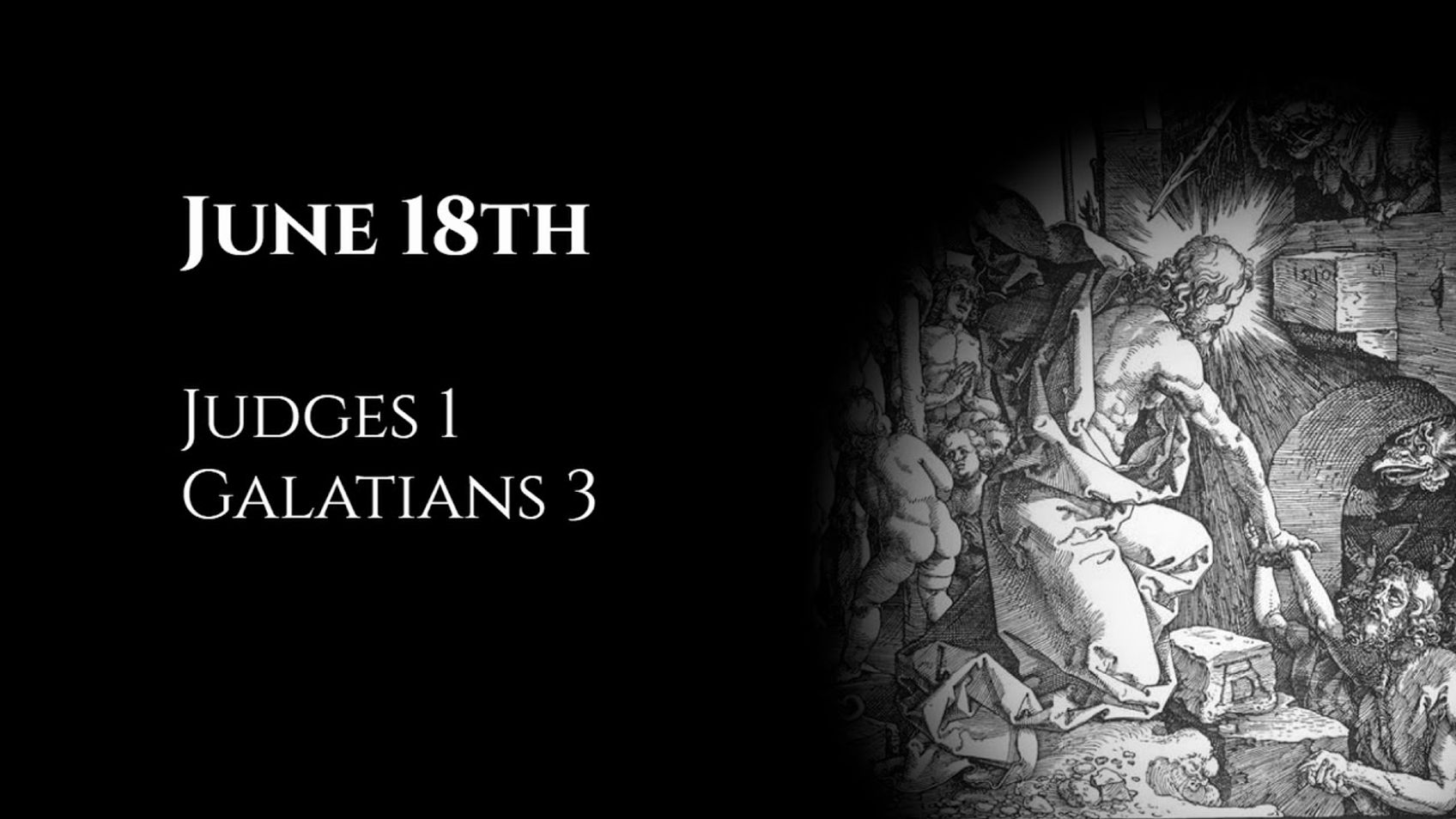June 18th: Judges 1 & Galatians 3

The failure to occupy the land. The promise of Abraham does not come through the Torah.
Reflections upon the readings from the ACNA Book of Common Prayer (http://bcp2019.anglicanchurch.net/).
If you have enjoyed my output, please tell your friends. If you are interested in supporting my videos and podcasts and my research more generally, please consider supporting my work on Patreon (https://www.patreon.com/zugzwanged), using my PayPal account (https://bit.ly/2RLaUcB), or by buying books for my research on Amazon (https://www.amazon.co.uk/hz/wishlist/ls/36WVSWCK4X33O?ref_=wl_share).
The audio of all of my videos is available on my Soundcloud account: https://soundcloud.com/alastairadversaria. You can also listen to the audio of these episodes on iTunes: https://itunes.apple.com/gb/podcast/alastairs-adversaria/id1416351035?mt=2.
More From Alastair Roberts
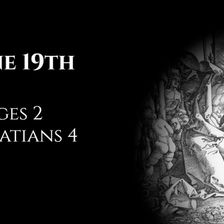

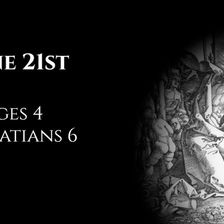
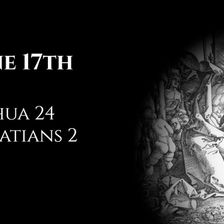
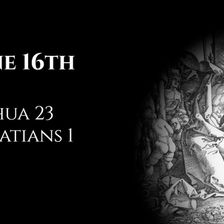
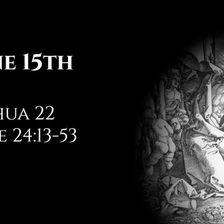
More on OpenTheo















